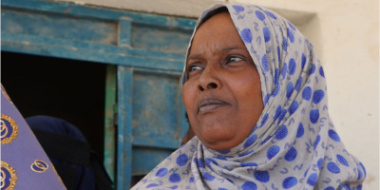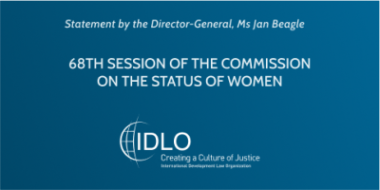México: Conferencia Jurídica para el Cambio Climático y el Desarrollo Rural
Las oportunidades y desafíos para la transición de México a una economía verde que beneficie a las comunidades más vulnerables e impactadas por el cambio climático, fueron el objeto de la"Conferencia de Preparación Jurídica para el Cambio Climático y el Desarrollo Rural: oportunidades y desafíos en Chiapas, Guerrero, Oaxaca y la Península de Yucatán" celebrada en México, DF, el 26 y 27 de septi














